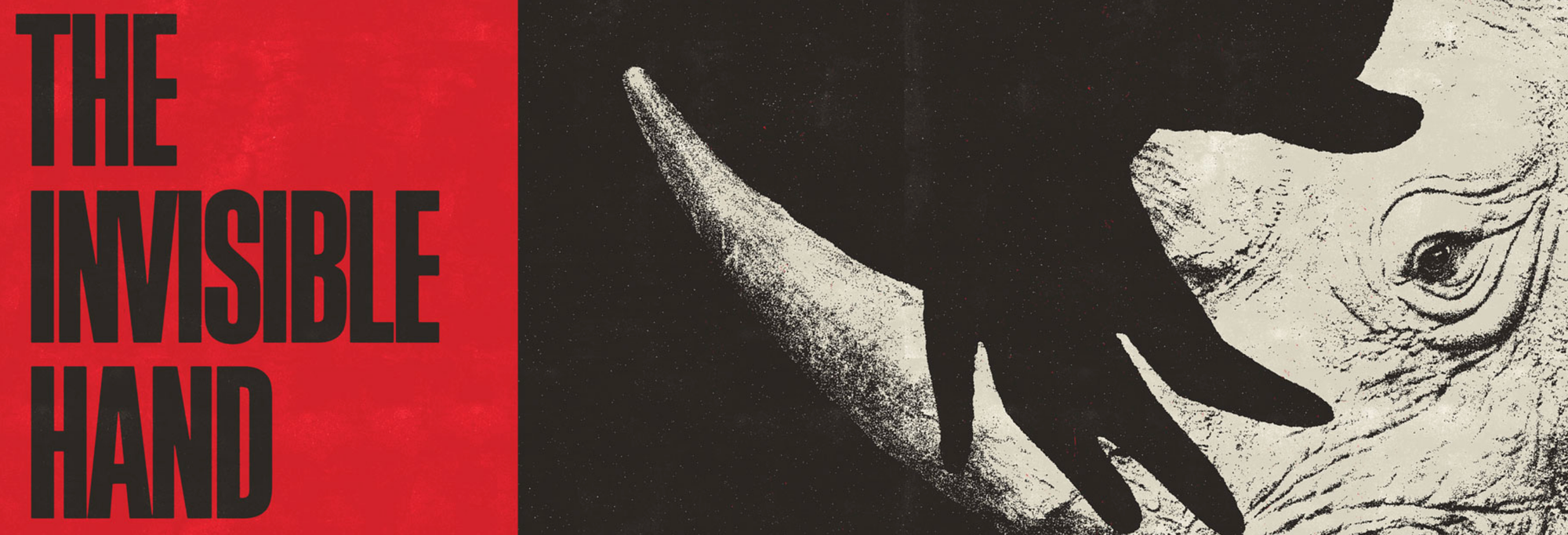On a recent episode of the NYTimes Modern Love podcast, actor Andrew Garfield reads Chris Huntington's wonderful essay Learning to Measure Time In Love and Loss (both gift links).
Not only is the essay terrific and Garfield's performance excellent, but during it, he breaks down and the moment is rather extraordinary for how uncommon it is in today's culture and media. Some actors would have asked for the piece to be edited to be seamless — some podcasts would have done it without being asked — but offering it up whole was the correct decision and I urge you to listen to it.
In the opening, before he reads the essay, Garfield unknowingly quotes Stanley Kunitz's The Testing-Tree when he says, "The heart lives by breaking." The full quote is, "In a murderous time, the heart breaks and breaks and lives by breaking." It's a wonderful line that's grown in meaning for me as I've aged. (Kunitz's book, Passing Through, is one of the many books in my bathroom. I've always kept books in my bathrooms. In more recent times, they're an excellent encouragement to not take my phone with me. You're just sitting there. Read a poem!)
You can read Kunitz's The Testing-Tree here.
Garfield mentions that Huntington's essay brings Rilke to mind. Specifically, Robert Bly's translation of The Man Watching:
I can tell by the way the trees beat, after
so many dull days, on my worried windowpanes
that a storm is coming,
and I hear the far-off fields say things
I can't bear without a friend,
I can't love without a sister
The storm, the shifter of shapes, drives on
across the woods and across time,
and the world looks as if it had no age:
the landscape like a line in the psalm book,
is seriousness and weight and eternity.
What we choose to fight is so tiny!
What fights us is so great!
If only we would let ourselves be dominated
as things do by some immense storm,
we would become strong too, and not need names.
When we win it's with small things,
and the triumph itself makes us small.
What is extraordinary and eternal
does not want to be bent by us.
I mean the Angel who appeared
to the wrestlers of the Old Testament:
when the wrestler's sinews
grew long like metal strings,
he felt them under his fingers
like chords of deep music.
Whoever was beaten by this Angel
(who often simply declined the fight)
went away proud and strengthened
and great from that harsh hand,
that kneaded him as if to change his shape.
Winning does not tempt that man.
This is how he grows: by being defeated, decisively,
by constantly greater beings.
I know little of Garfield, but that he was in The Social Network and was one of the Spidermans, but the few interviews I've heard with him have shown him to be thoughtful and intelligent. His thoughts on grief are particularly admirable. If you enjoyed the above, you might appreciate his interview with Marc Maron from a few years ago.







